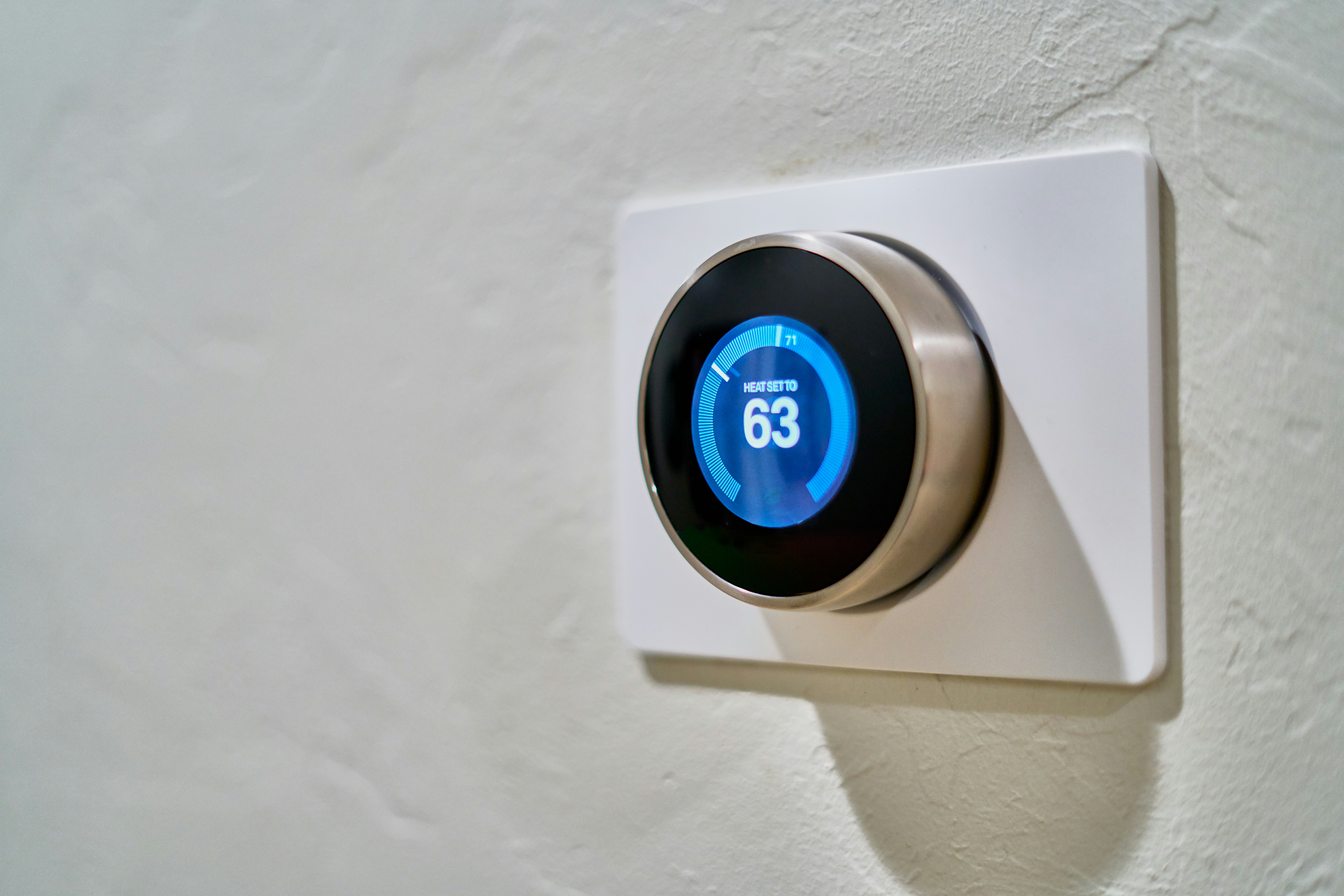Using IoT has many advantages for small business operations. However, the leading benefit is the ability to reduce human labor and improve staff productivity. It has the potential to automate mundane and repetitive tasks, which allows businesses to free up their employees to focus on more important and innovative tasks. One such example is in the payroll where processes can be automated thus eliminating the need for employees to spend time on manual data entry. Automating payroll ensures that businesses can use their staff for more critical jobs, increasing overall productivity while reducing the costs of running a business.
Another benefit of IoT devices is that they offer improved asset and resource management capabilities for organizations regardless of industry or size. With the help of interconnected sensors and monitoring systems, enterprises can effectively track the location and status of their goods and equipment. In transport and logistics, for example, RFID tags and sensors can be used to monitor inventory levels, track shipments, and manage spare parts and fuel. This level of visibility and control enables businesses to optimize their resource usage, minimize downtime, and improve overall efficiency.
Additionally, IoT devices can contribute significantly to safety and security in the operations of small businesses. With the help of a network of interconnected devices like motion sensors and surveillance cameras, businesses can enhance their security measures and reduce the risk of theft or corporate espionage. This makes it possible to track businesses and monitor activity in real-time while getting alerts of intrusion, therefore, ensuring a safe working environment and protecting valuable assets.
Besides the operational benefits, IoT devices offer valuable insights for business analysis and decision-making. The data collected from different sources by IoT devices and the subsequent analysis of vast volumes of user-specific data allows businesses better to understand customer behaviour, preferences, and expectations. Businesses can leverage this data to develop more effective business strategies, enhance marketing efforts, and improve customer service. For example, IoT devices can automatically track customer equipment maintenance requirements, ensuring timely reminders and proactive service.
No matter the industry, small businesses can significantly benefit from IoT adoption. Whether it is a physical office space, storefront, or remote team, there are IoT devices and applications that can cater to specific business needs. In storefronts and offices for instance, smart thermostats and light bulbs can be used to optimize energy usage. On the other hand, smart locks and security cameras can enhance building security for storefronts. Manufacturers and industrial sectors can leverage specialized Industrial Internet of Things (IIoT) devices to monitor machine performance and automate workflows.
By embracing automation technologies, businesses can make the most of IoT devices. Many IoT devices are built with automation capabilities. This allows for remote management and scheduling. Businesses can use automation platforms to optimize workflows, adjust lighting and temperature settings, and even control access to physical spaces. With IoT and automation, businesses can enhance efficiency, reduce costs, and streamline operations.
The future of IoT for small businesses looks promising, with the continuous development of new devices and applications. As the number of IoT devices grows, businesses can expect further advancements in facility management and automation. With the increasing availability of IoT solutions, small businesses can leverage this technology to their advantage, driving growth, improving productivity, and staying competitive in the ever-evolving digital landscape.
Conclusively, the Internet of Things (IoT) is changing how small businesses operate. It enables automation, improves productivity, enhances asset management, and provides valuable data insights. Therefore, small businesses that embrace IoT technologies can streamline their operations, optimize resource usage, and deliver better customer experiences than traditional ones. With the continued evolution of the IoT ecosystem, small businesses should explore and leverage the benefits offered by IoT devices to drive growth and success.
















